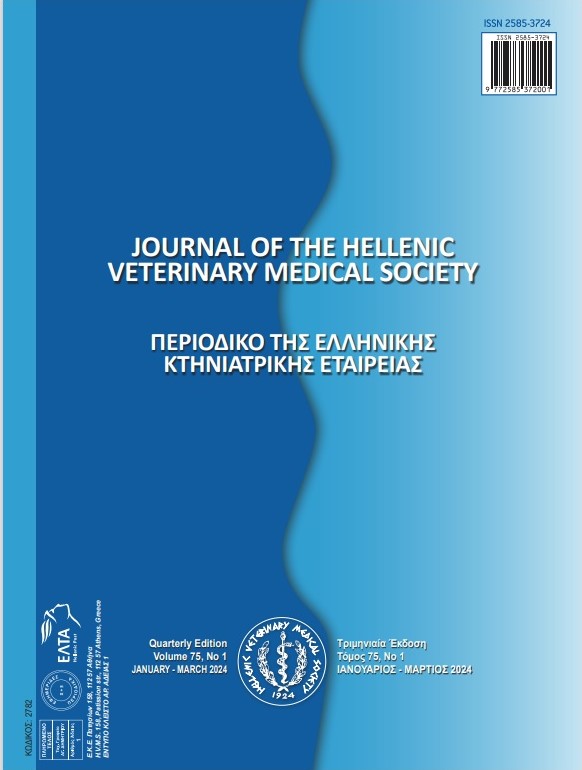Impact of oregano (Origanum vulgare) supplementation on antioxidant status, and related gene expression in Black Sea salmon, Salmo labrax

Abstract
The aim of this study was to to evaluate the effect of diets containing 0, 50, 100, 200, and 400 mg kg-1 oregano (Origanum vulgare) essential oil on antioxidant enzymes (CAT, GPx and SOD) in liver and muscle tissues and expression levels of their-relevant genes of Black Sea salmon (Salmo labrax) juvenile. This study was conducted in the freshwater recirculating aquaculture system (RAS). Fish with average initial weights of 3.52±0.01g were distributed randomly in triplicate to 50 liter fiberglass tanks, and 45 fish were placed in each experimental tank. Fish were fed 3% level of live weight for 90 days. The addition of oregano essential oil had no significant impacts on CAT in liver and GPx in muscle (p>0.05), but increased SOD activity was observed in muscle. The increased GPx genes expression were observed in both muscle and liver tissues. The addition of oregano essential oil had no significant impacts on the mRNA expression of SOD in muscle, nevertheless increased SOD genes expression were determined in liver. In terms of the mRNA expression of CAT, control and 200 mg kg-1 concentration were similar to each other and had the highest level. Present study suggests that the addition of oregano essential oil can enhanced the antioxidant enzyme activities, and related gene expression of Black Sea salmon (Salmo labrax) juvenile.
Article Details
- How to Cite
-
Özel, O., Düzgüneş, Z., Gürkan, S., & Çakmak, E. (2024). Impact of oregano (Origanum vulgare) supplementation on antioxidant status, and related gene expression in Black Sea salmon, Salmo labrax. Journal of the Hellenic Veterinary Medical Society, 75(2), 7217–7226. https://doi.org/10.12681/jhvms.31526
- Issue
- Vol. 75 No. 2 (2024)
- Section
- Research Articles

This work is licensed under a Creative Commons Attribution-NonCommercial 4.0 International License.
Authors who publish with this journal agree to the following terms:
· Authors retain copyright and grant the journal right of first publication with the work simultaneously licensed under a Creative Commons Attribution Non-Commercial License that allows others to share the work with an acknowledgement of the work's authorship and initial publication in this journal.
· Authors are able to enter into separate, additional contractual arrangements for the non-exclusive distribution of the journal's published version of the work (e.g. post it to an institutional repository or publish it in a book), with an acknowledgement of its initial publication in this journal.
· Authors are permitted and encouraged to post their work online (preferably in institutional repositories or on their website) prior to and during the submission process, as it can lead to productive exchanges, as well as earlier and greater citation of published work.


